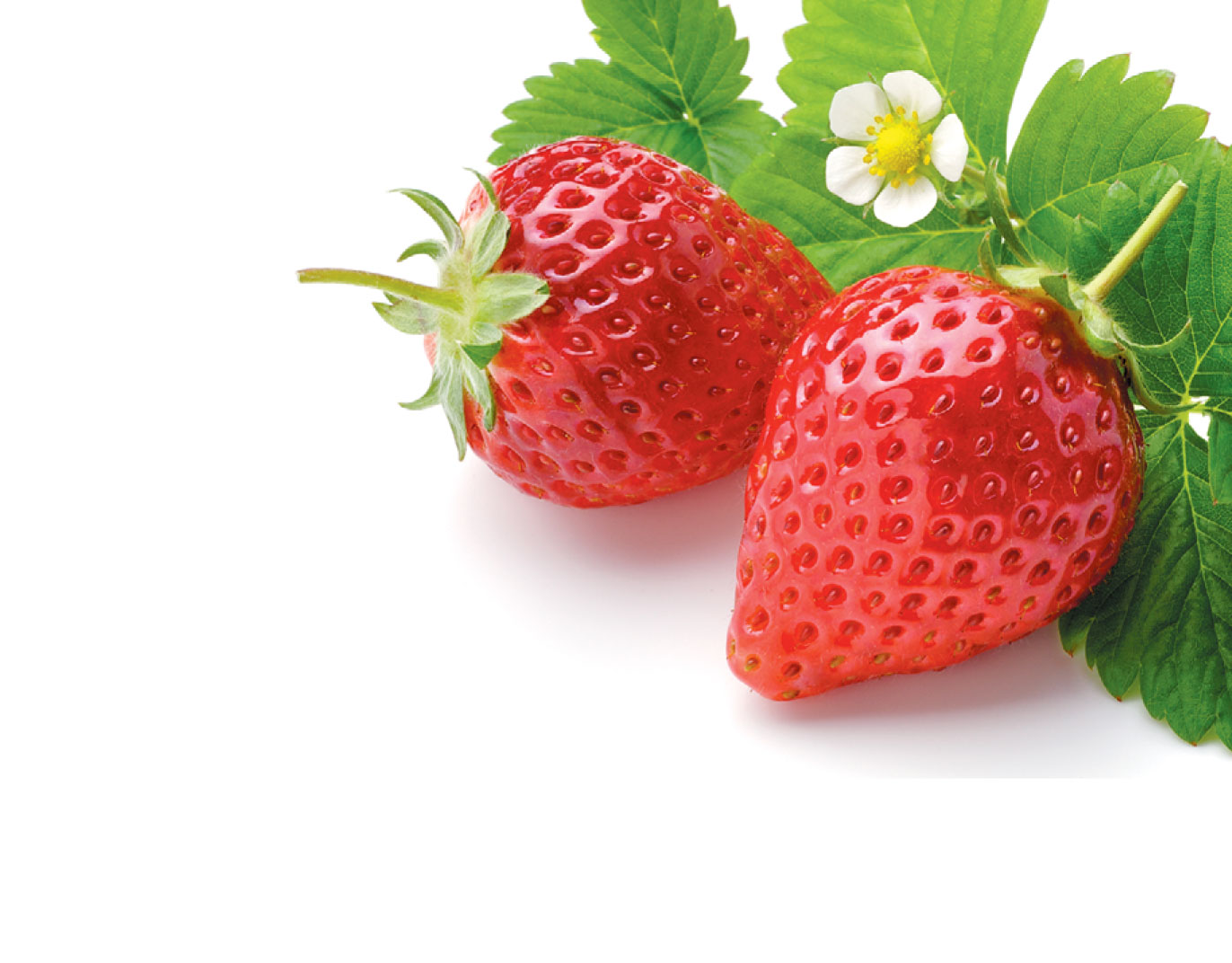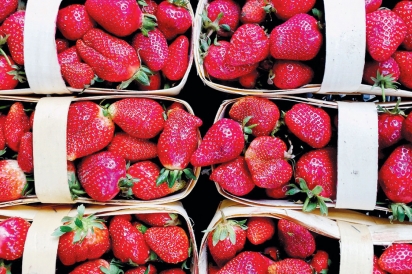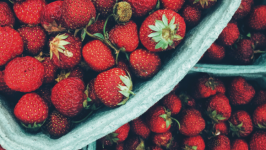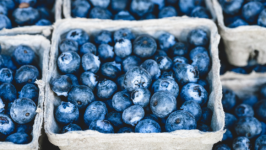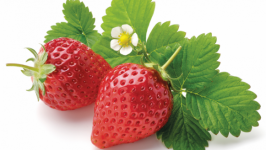Cooking in an Imperfect World
Every time I buy a box of berries it is with some degree of trepidation. It started last year with the strawberries. The berries around me were disappointing. They smelled like candy and every other one tasted really good. But none of them were great and some were full-on dull.
Then it was the raspberries—same thing. Every other one tasted great, like the seedy, sweet, sticky finger-toppers of summer. But the others were just fine. I was suddenly gripped with anxiety for blueberries, cherries and peaches.
With each bite I felt disappointed, let down that this season was a bit of a loss. Every spring I lie in wait, anticipating summer fruit season, practicing self control and eschewing berries from far away— for all sorts of reasons but mostly because they are a lifeless version of the fruit grown around here.
And then our fruit was not much more. Bummer. In the midst of my very small, private pity party I heard in my ear the voice of the first chef I ever cooked for: “Welcome to being a chef” was his reply as I bemoaned the challenge of portioning vegetables that were vastly different sizes.
I was working for him at Zingerman’s Deli and that’s when I started to really understand the difference between large-scale, always-available produce and the seasonal, specialty crops. The better the ingredient, the less you have to do with it—like berries dressed solely in a gossamer veil of cream. Then again, sometimes the better a natural product the more sensitive it can be. At the end of the day these crops are still agricul tural products whose quality reflects that year’s growing season. They are not consistently perfect no matter how some in the local, seasonal community may want to think that they are. (It should be noted that the other benefits of buying locally— the money maintained in the regional economy, the lowered carbon impact from not shipping such perishable items—hold true no matter the perfectness of the product.)
It is in that imperfection that we, as cooks, have an opportunity to exert our influence. If a pint of raspberries is the physical manifestation of sunshine in God’s country, I won’t add anything to them. If they are less than showstopping, I have a chance to add other flavors to give lift to the dish and somehow that feels like it makes it more my own. I am a participant, not just a bystander.
There are a few things I generally do to fruit to lift them from the flavor doldrums, and this is true for stone fruits and melons as well as berries: Give them strength in numbers, add sweetness, add acidity or add spice. Sometimes I use all four.
Strength in numbers simply means make it less about the individual bites of food. If one strawberry tastes great and the next two taste meh, blend them. Instead of a handful of blackberries over ice cream, I’ll lightly mash the berries together to average their attributes.
To add sweetness, I generally go for maple syrup or honey because for me the amber flavor roots the fruit better than white sugar. Use just a drop or two at a time, with a pinch of salt for good measure. Salt is the foil to sugar and they elevate each other. Even in a perfect situation I add a pinch of salt to a bowl of cut yet unadorned apricots.
To add acidity my hand floats most often to citrus, often orange over the more aggressive lemon. Acidity can also be achieved with a delicate vinegar—like very thick saba or aged balsamic.
Spices, either delicate, bold or hot, have a way of enhancing fruit by marrying in and completing their flavor. Strawberries and a grind of black pepper just love each other. Raspberries and candied ginger and mint have secrets they only whisper to one another. Blueberries with a pinch of cayenne and honey want to run away together without telling their parents.
It is difficult to know the quality of the fruit in advance of buying (an aside: taking without asking at the market is rude and theft even if only a small infraction— although most vendors will happily offer a taste if asked) but by tasting it thoroughly at home and deciding if it needs your help, you can always make a delicious dish from the best of what is around us. Trust yourself and instead of feeling disappointed allow for the opportunity to let your produce-enhancing prowess shine.
Our fruit season lies just ahead! Fear no more and buy berries by the case.


